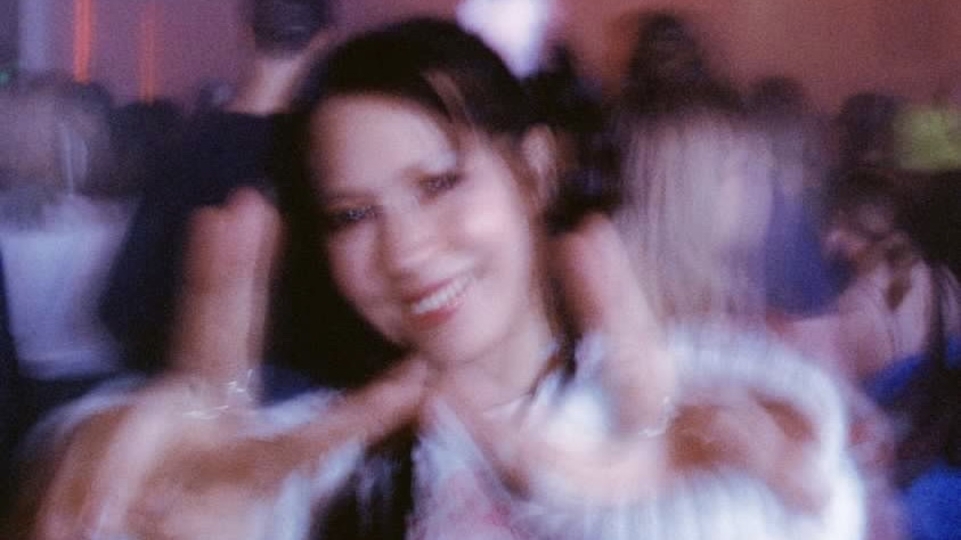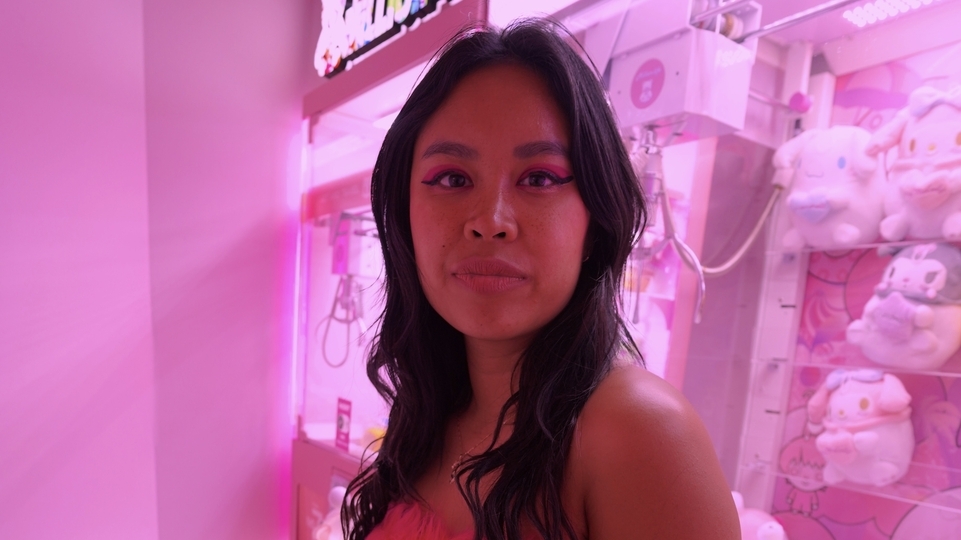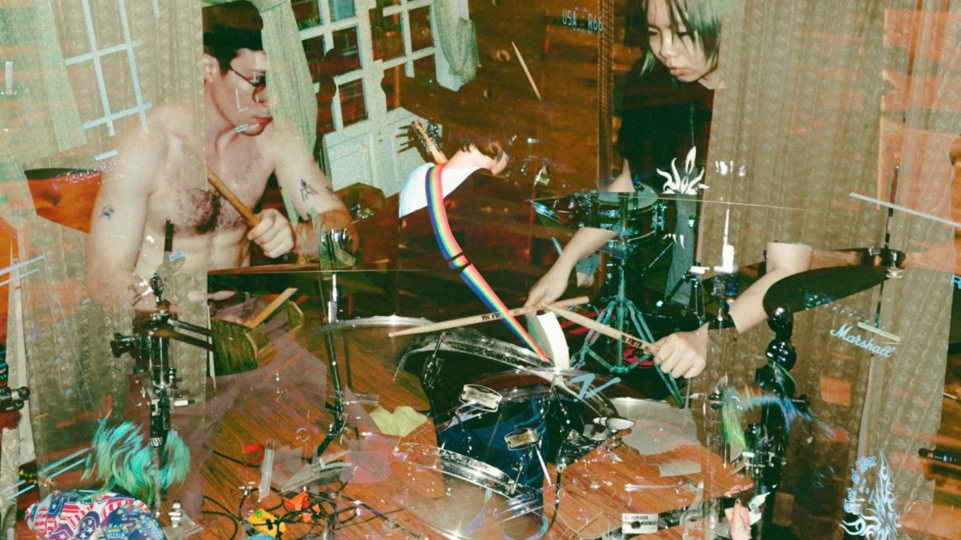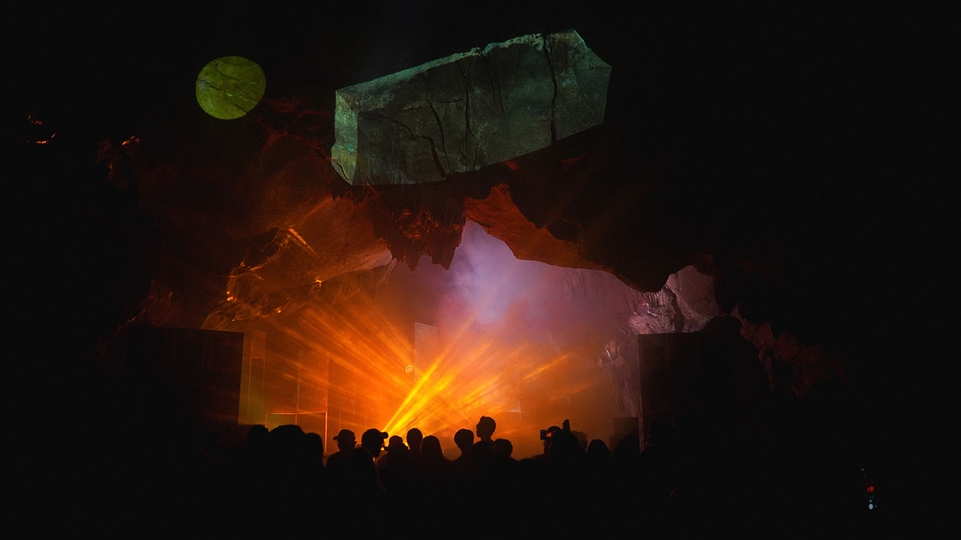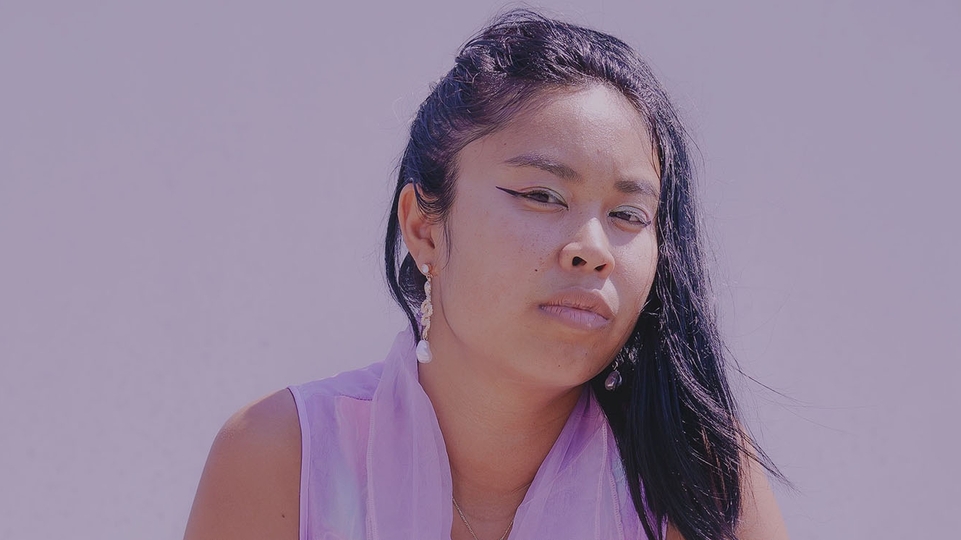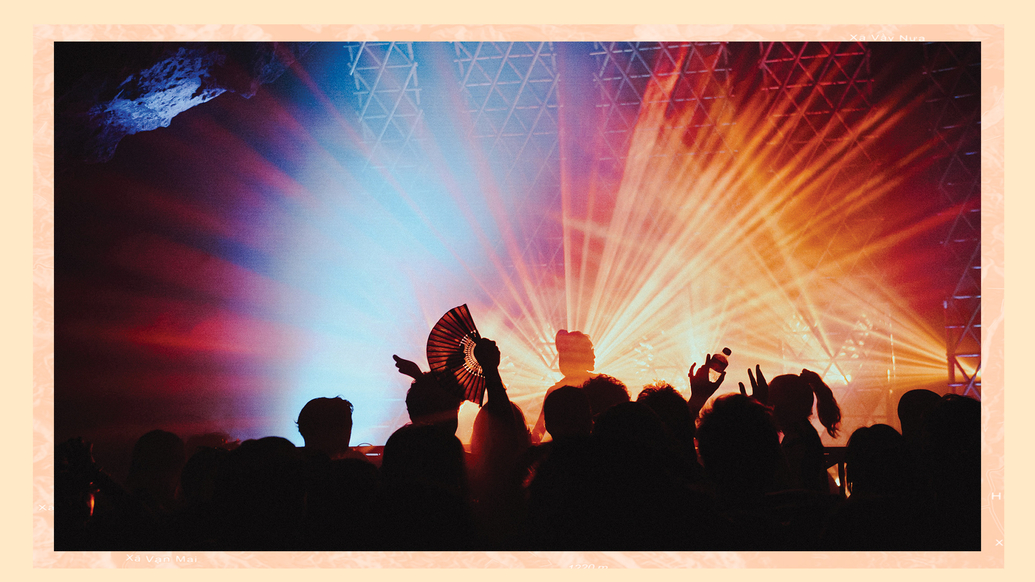
Vietnam's Equation festival: the cave rave celebrating East & South-East Asia's underground club communities
Taking place deep inside a limestone cave in Mai Châu, Vietnam's Equation festival returned in April to present a microcosm of the East & South-East Asian underground. Alongside a euphoric techno set from resident DJ Di Linh, Jack Ramage reports back, and speaks to organisers, DJs and guests about how this intimate gathering has grown into a vital celebration of the region's flourishing scene
Deep inside a limestone cave, etched into the rugged mountains of northern Vietnam, this year’s Equation Festival is in full swing. An eclectic amalgamation of techno, electro, house and trance pulsates through the cavern; as the crowd sways to the hypnotic rhythm, their movements are accentuated by the strobing lights and projections placed onto the rocky walls.
Since 2017, Equation Festival has provided a unique and invaluable platform for talent across the region. Situated in Mai Châu, a serene countryside village approximately three hours away from the capital city, Hanoi, the three-day event spans two distinct stages: an intimate daytime stage adjacent to verdant rice fields, moving into a 25-metre-tall cave, adorned with impressive stalactites, at night.
“The goal is to create a line-up that provides a spectrum of the sound of what’s going on here: from India to Japan,” Ouissam Mokretar, co-founder of Hanoi’s Savage club and organiser of the festival, says. “We want to make a festival that connects this region, by booking talent from Vietnam and other Asian countries.” He adds that often in Europe and the West, line-ups can comprise the “same acts and the same circuit”.
Acts on the bill hail from across the continent: Powder, 5AM, 5ive, and Wata Igarashi from Japan; Thailand’s Sunju Hargun, Elaheh, and DOTT; Emel Rowe and Saint Guel from the Philippines; as well as Cora from Chengdu, China. The line-up also includes an array of Vietnamese talent: BongBongQuayQuay, Manikk, CONG, Burun Đănga, Di Linh, Useph, and Vynni, to name a few. “A lot of thought goes into the booking, we think about who we can book from each scene to create a line-up that spotlights talent and expands crews from around the region,” Ouissam continues. “We want to create a space where people who may not know much about the scene here can come and really see [what’s] going on.”
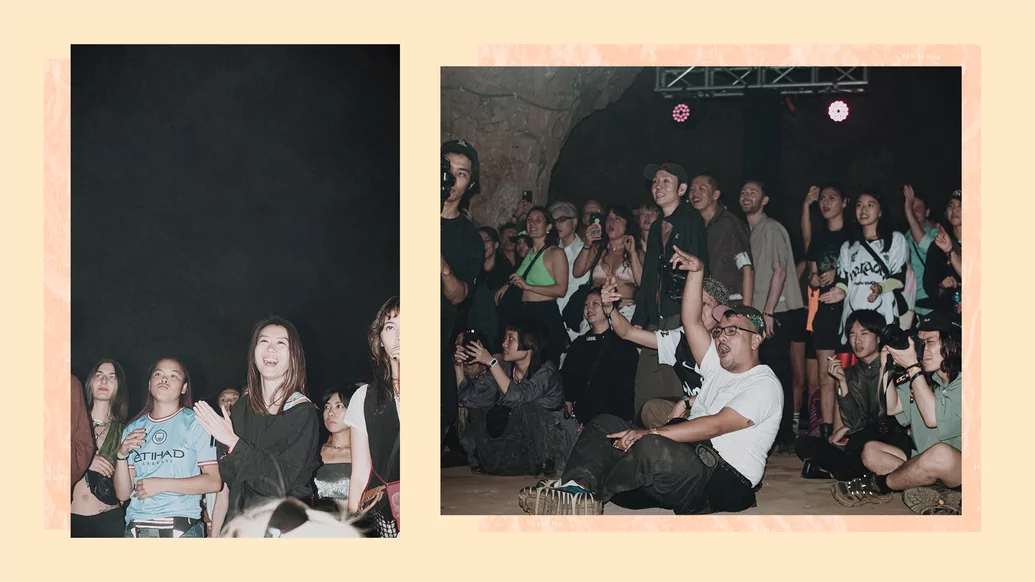
“We are stronger together; that’s why we invite so many artists from neighbouring countries. It’s about bringing the scene of Asia and South-East Asia and developing it. It’s lovely to see people from other countries doing the same thing that we’re doing — all for music.” – Di Linh
“There are very few festivals that capture the feeling that Equation has,” a festival-goer tells us, as Wata Igarashi plays a euphoric techno set that concludes a night of raving inside the mammoth cavern. “We travelled here from Singapore; it really feels like it’s a gathering of dance music fans and crews across Asia — an opportunity for us to celebrate what this region has to offer and build a community around it.”
Collaboration across the continent is a theme that rings true throughout every aspect of the 1,000-capacity festival: from the takeover by queer collective Snug — complete with drag queens from Hanoi’s Peach party — to the lighting, by the Bangkok-based visual arts collective Human Spectrum, and staging constructed from bamboo by Vietnam-based designer Holland, the director of Culm-innate creative studios in Hanoi. “The festival is a great size, it really does feel like a family — and the community keeps growing year on year,” says Cora, still elated from her white-knuckle techno and trance set in the cave a few hours previous.
“We are stronger together; that’s why we invite so many artists from neighbouring countries,” festival resident, Di Linh, agrees. “It’s about bringing the scene of Asia and South-East Asia and developing it. It’s lovely to see people from other countries doing the same thing that we’re doing — all for music.”
Highlights include Norway’s Skatebård — one of the few European DJs on the line-up — who closes the Garden stage on Saturday with a euphoric, feel-good house mix as the sun sets over the surrounding mountains. Powder, Di Linh, Cora, and Wata Igarashi also dish out incredible heat in the Cave on Saturday, leaving the crowd enraptured by blends of booming techno, hypnotic trance and blissful ambient well into the early hours of the morning.
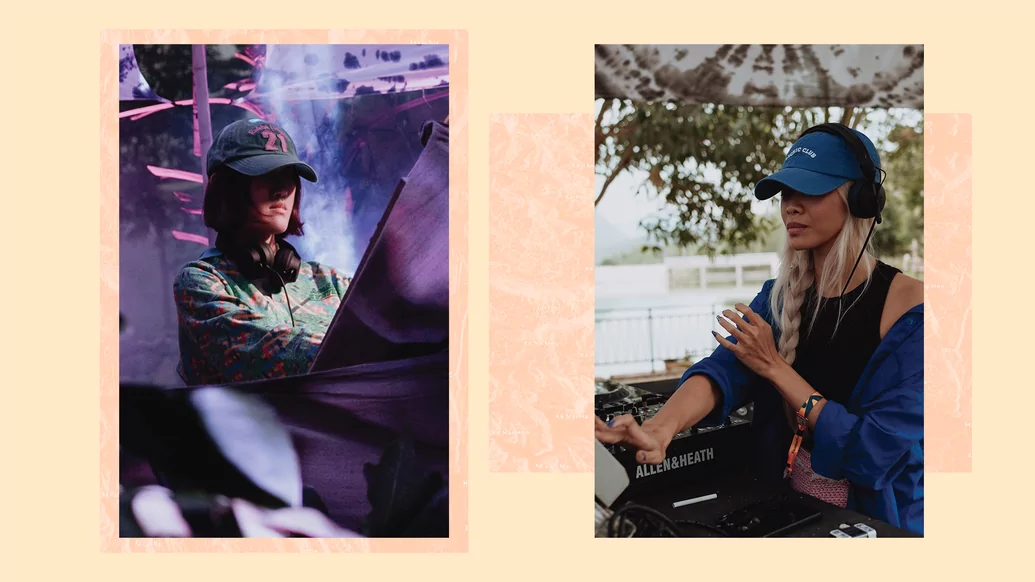
In a final wave of euphoria, Filipino DJs Emel Rowe and Saint Guel close the festival with a house and electro B2B set that bleeds into Sunday evening, the sleep-deprived crowd embracing each other as the sound system blares a house remix of New Order’s ‘Blue Monday’ that ricochets across the neighbouring rice fields.
Hanoi’s scene has been a thriving ecosystem for some time now, albeit faced with an uphill battle in comparison to its Asian neighbours. Vietnam’s turbulent history, which previously enforced strict laws on the creation and distribution of music and the arts, still has an influence on the club scene today. The nation officially bans “offences against the state” and continues to monitor art exhibitions, films, TV shows and books. Until recently, record shops in Vietnam were few and far between, with imports still being logistically challenging compared to Europe, Di Linh notes.
However, the country now appears to be at a turning point in terms of its club culture, driven by recent economic growth and a thriving youth culture that dominates the population demographics, with 70% of Vietnamese being under 35. “I still would definitely call it a subculture,” Ouissam remarks. “At first the clubbing scene may have had a bad image, but that’s slowly growing with new generations who want to be part of the scene.”
In recent years, the pandemic has had an impact on the scene too. While many wealthier nations with robust healthcare infrastructure struggled to cope with the pandemic, the Vietnamese government acted swiftly and decisively to contain its spread, allowing the country to largely negate the impacts of the virus and reopen clubs in May 2020. This impacted party organisers in Hanoi in two ways: it allowed them to regain momentum quickly, but also forced the scene to look inwards and book from a more local level.
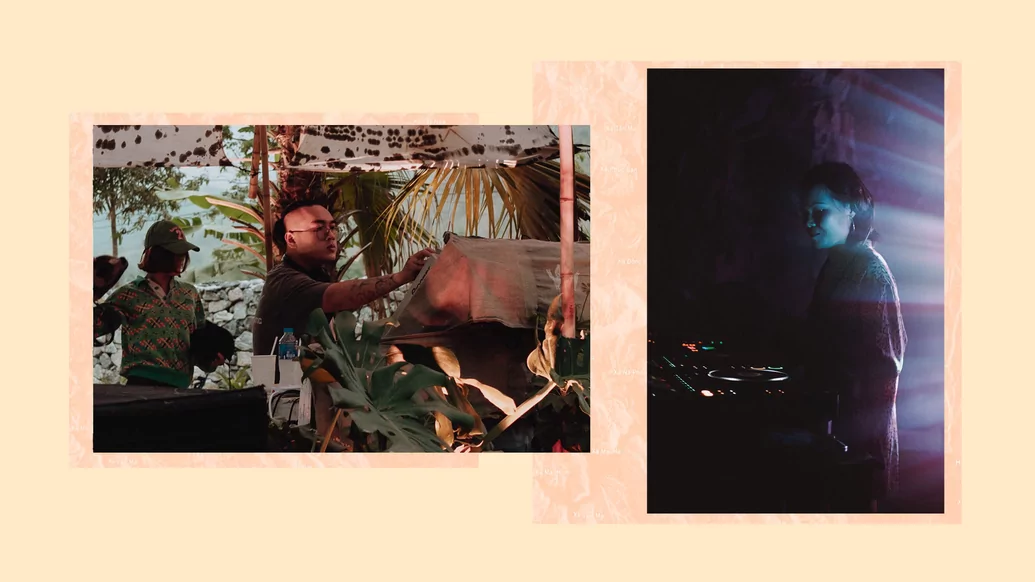
“There’s room for people to do their own thing, to express themselves, and above all, people are up for it. The scene — festivals, DJs, and community — works together, and that’s what makes it." – Manikk
“The scene has drastically changed over the years, especially before and after the pandemic,” Di Linh recalls. “During the height of Covid-19, we didn’t have a chance to book international guests, so the local DJs had a chance to develop themselves and go deeper into the scene. There’s been a lot of new DJs that have sprung up in that time and been more in the music — the local crowd has also been more interested in what we’re doing here, which I think is a good thing. Now we have a strong local scene mixed with tourists and a more international crowd too.”
“Before the pandemic, everyone was doing their own thing; it wasn’t exactly divided, but it did feel smaller,” Useph, who opens the garden stage on the second day, notes. “However, during the pandemic and as the lockdown restrictions somewhat eased, we came together. We had to go to each other’s parties because there was nowhere else to go — especially given the travel restrictions. It made the scene tighter, that kind of community is very important. The quality of everything we create has been levelling up year after year. It reflects how Hanoi’s scene is diverse and committed to being the best version of itself.”
Although Savage, a three-story club located in the former embassy of Angola, is widely considered to be the heart of Hanoi’s underground clubbing scene, the city and its surrounding areas are currently experiencing a surge in parties and crews that are utilising the breathtaking landscapes of northern Vietnam too. Like Equation Festival, groups such as The Electric Bazaar and Hanoi Underground Movement regularly organise parties in picturesque and remote locations, ranging from private islands to boat parties, located just a few hours outside the city. Useph, founder of The Electric Bazaar, explains that this sets the north of Vietnam apart from the south, with more outdoor festivals and exciting events taking place in the region.
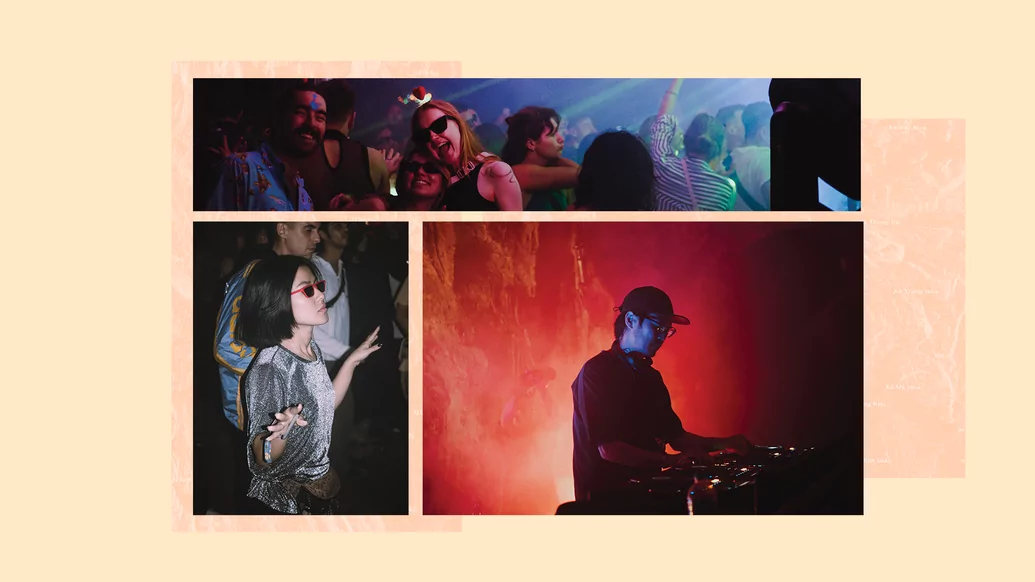
In comparison to the bustling city of Saigon in the South, Hanoi’s musical identity has a slightly different flavour too. “I can always tell when I’m in a club in Hanoi — the music seems to go harder, a bit more ravey. Whereas in Saigon, it’s more about having fun and a party vibe,” Hanoi’s Manikk, who opens the festival, says. Di Linh also agrees that both cities have great clubs, DJs and communities, but adds that the climate affects the unique sound of Hanoi too. “In my opinion, if the weather is better — or at least more sunny — like it usually is in Saigon, you’re more likely to want to listen to upbeat, beachy, disco music.”
It’s clear that Equation Festival not only acts as a bridge connecting Asia and communities across the region, but also stands as a testament to the thriving underground music culture in Hanoi. While public attention has historically been weighted towards the West and neighbouring Asian countries, Vietnam’s nascent scene is firmly establishing itself on the map.
“This scene is pretty young compared to other places, but I’m grateful that there’s a scene here at all,” Manikk says. “There’s room for people to do their own thing, to express themselves, and above all, people are up for it. The scene — festivals, DJs, and community — works together, and that’s what makes it. I’ve met a lot of people here that come from abroad and they are not just surprised by the quality of the music but also the crowd.”

